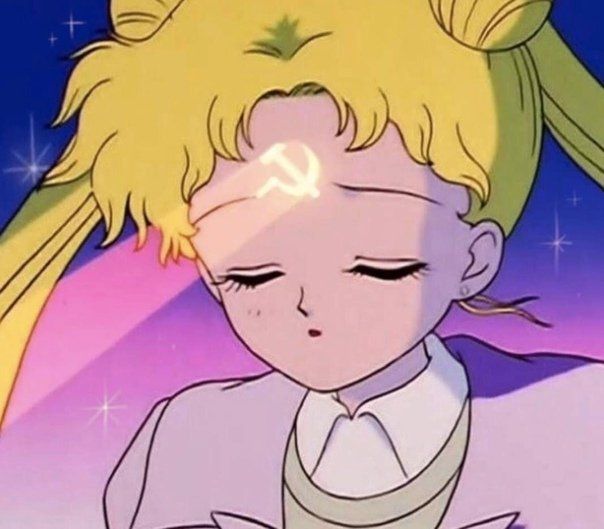Hey all,
We all know the importance of reading theory, but with so many leaders with so many works what should we consider absolutely necessary reading for an committed communist, and what is, for lack of a better term, supplemental?
While reading everything would be nice, there is so much to read, not mentioning works by other authors and theorists, that I’m not sure if reading literally everything Marx or Lenin wrote is the most helpful. Some works will be more universal and others, while still containing important information, may be more niche and specific.
I’ll admit I’m probably a terrible Marxist for not having read anything from Marx, or Engels, besides the manifesto. But again, Marx and Engels have a lot of works and knowing what is more important than others I think would be helpful for everyone, especially baby Marxists. How important is reading Kapital, The Civil War in France, Critique of the Gotha Program, On the Origins of the Family, etc? Which should be prioritized over others?
I’ve read more Lenin but not much, only State and Revolution and Left-wing Communism. I’m trying to get through the beginning of Imperialism: The Highest Stage of Capitalism but it’s so hard, so many facts and I’m not sure what he’s even saying with them.
I also want to read Mao and have absolutely no idea where to even start there.
What would you say are the most important and necessary works of foundational leaders and theorists (Marx, Engels, Lenin, Mao)? Here’s my list so far:
Marx Engels Lenin: State and Revolution, Left-wing Communism: An Infantile Disorder Mao


Necessary? Two works in particular:
But reading them without any other knowledge will be tough. There are lots of shorter Marxist works to ease the process, to get used to the concepts, etc. And it won’t hurt to get familiar with the bourgeois writers who Marx criticises, like Mill and Bentham.
Then once you get through these two texts, you’ll know what you want to know more about: imperialism, political economy, dialectics, colonialism, race, gender, education, religion, etc. Then you can make a more specific reading list and work through some of the other classics (many of which engage with and build on Capital, hence it’s importance).